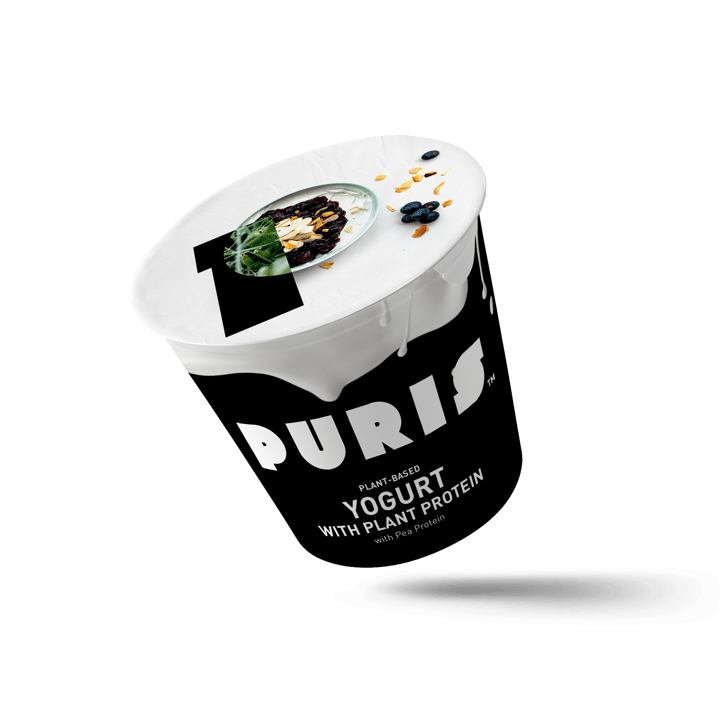Plant-Based Protein Guide
What the heck is plant-based, and why is it so important for our bodies and our planet?

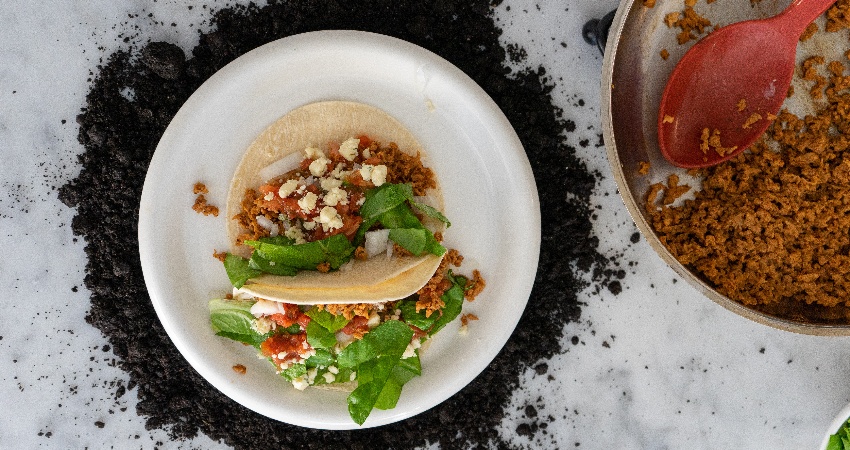
The Power of Plant-Based Nutrition
Plant-based diets can provide all the nutrients needed for a healthy, balanced life. With ingredients like pea protein, it’s possible to thrive on plant-based foods that support overall well-being.
In fact, plant proteins have played an important role in human diets for thousands of years, offering a sustainable, nutritious alternative to animal proteins.
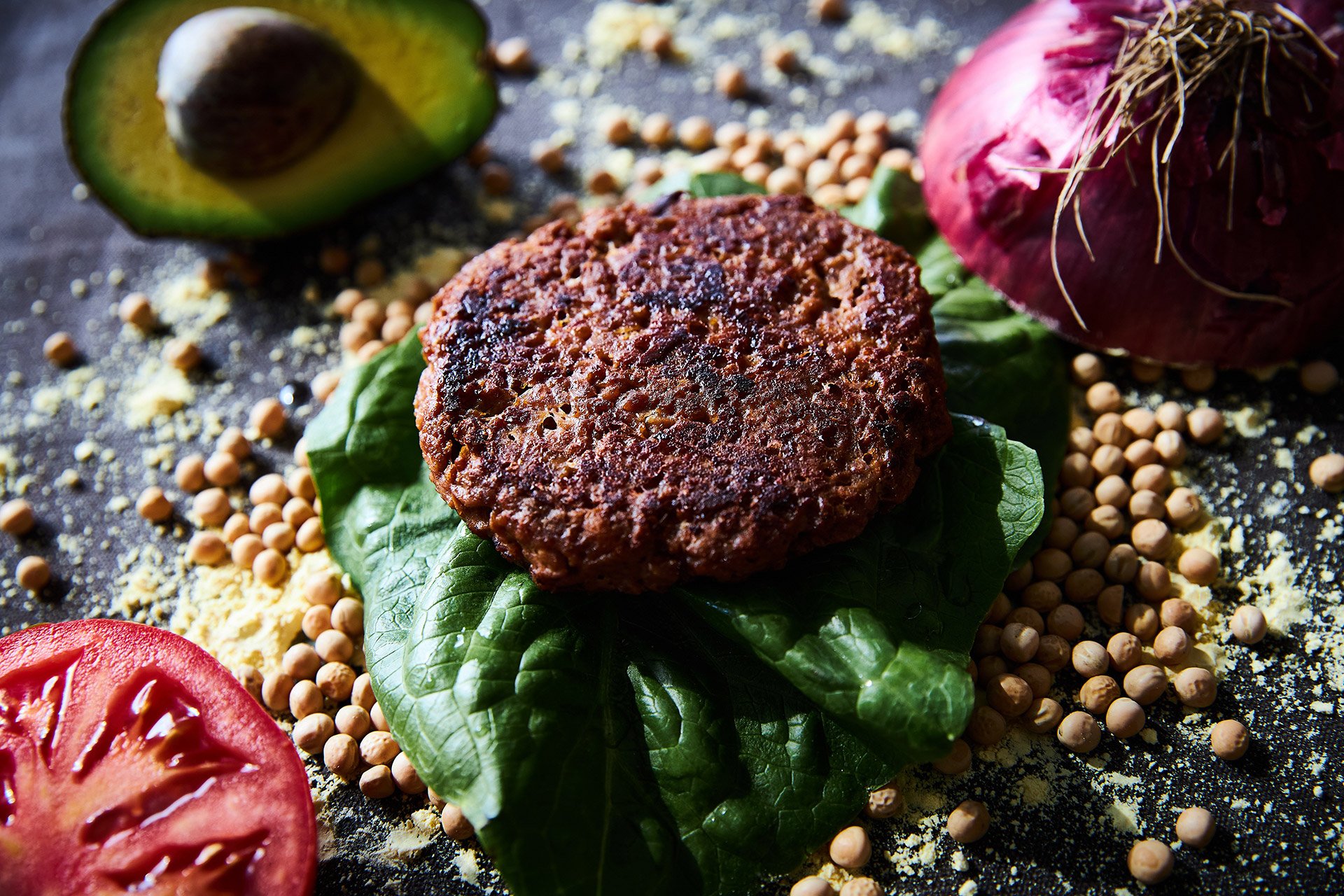
What does “plant-based” even mean?
It’s exactly like it sounds — plant-based eating involves eating foods that are primarily sourced from plants.
Generally, plant-based products use ingredients from fruits, vegetables, nuts, legumes, whole grains, and seeds. The latest dietary guidelines recommend consuming 2.5 cups of legumes per week, highlighting their importance in a healthy, balanced diet. Adopting a plant-based lifestyle can unlock a variety of health benefits while contributing to a more sustainable food supply chain.
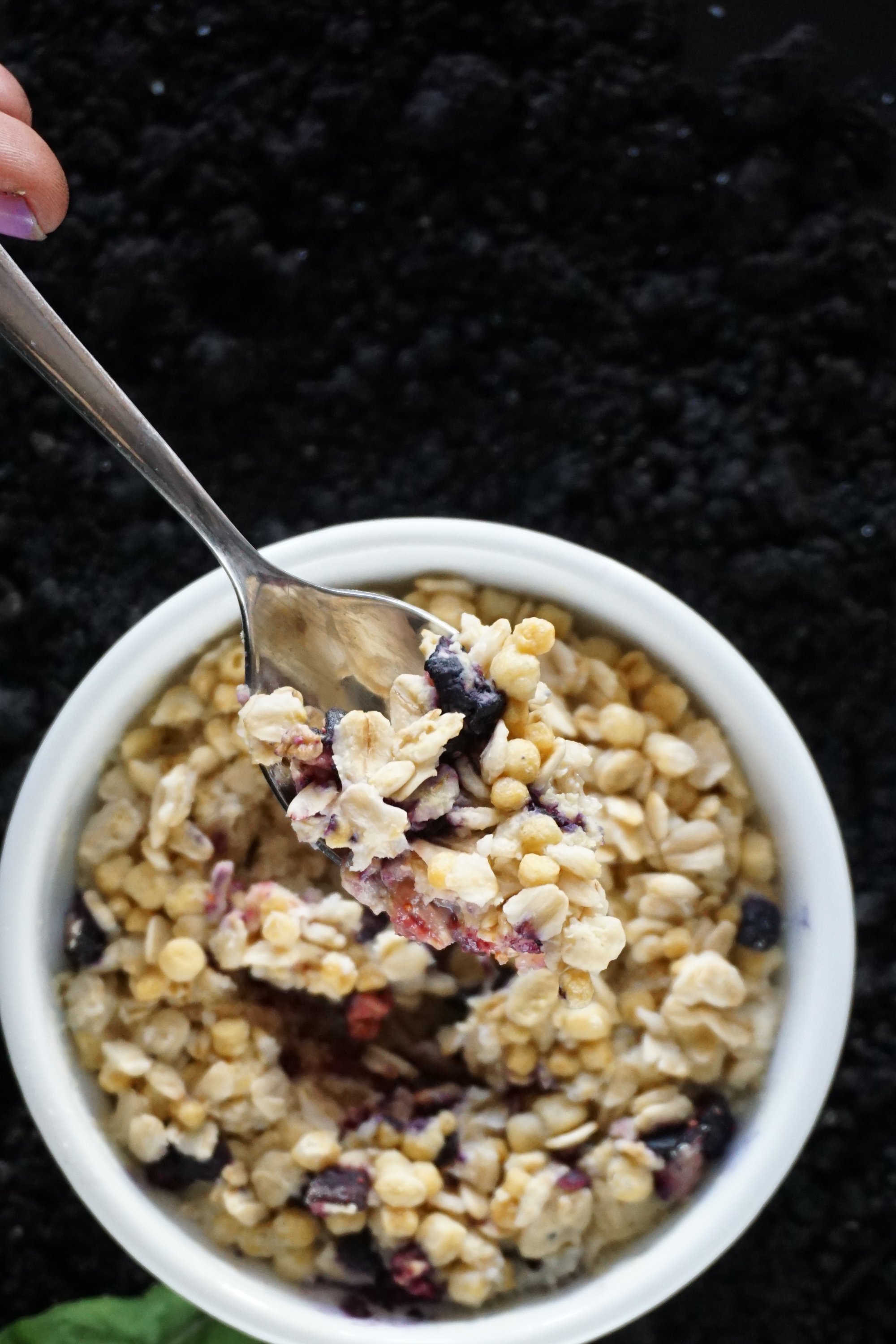
Protein isolates vs. protein concentrates
Our proteins are isolates (80% protein purity) made using a solvent-free process.
Our protein has a neutral flavor, making it easy for food manufacturers to create delicious plant-based foods.
How much protein can plants really provide?
Plant-based protein is just as valuable as animal-based protein, meaning you won't need additional protein in your diet if you eat the right plant-based products.
Pea protein is one of the few plant-based sources that contains all nine essential amino acids your body can't produce naturally.
Why focus on making plant-based products?
10x
Beef, lamb, and goat produce roughly ten times the emissions of peas, beans, and lentils.
0. Zero. Zilch.
Peas have never made an appearance on the FDA Top Allergen list.
22%
of the global population (on average) follows a plant-based diet.
10 billion
The expected global population by 2050 that will need a source of protein.
100%
A UN report has found that plant-based diets are 100% necessary to save the world from starvation.
Plant-based
consumers 101
Curious what sets different plant-focused diets apart?
Let’s take a closer look.
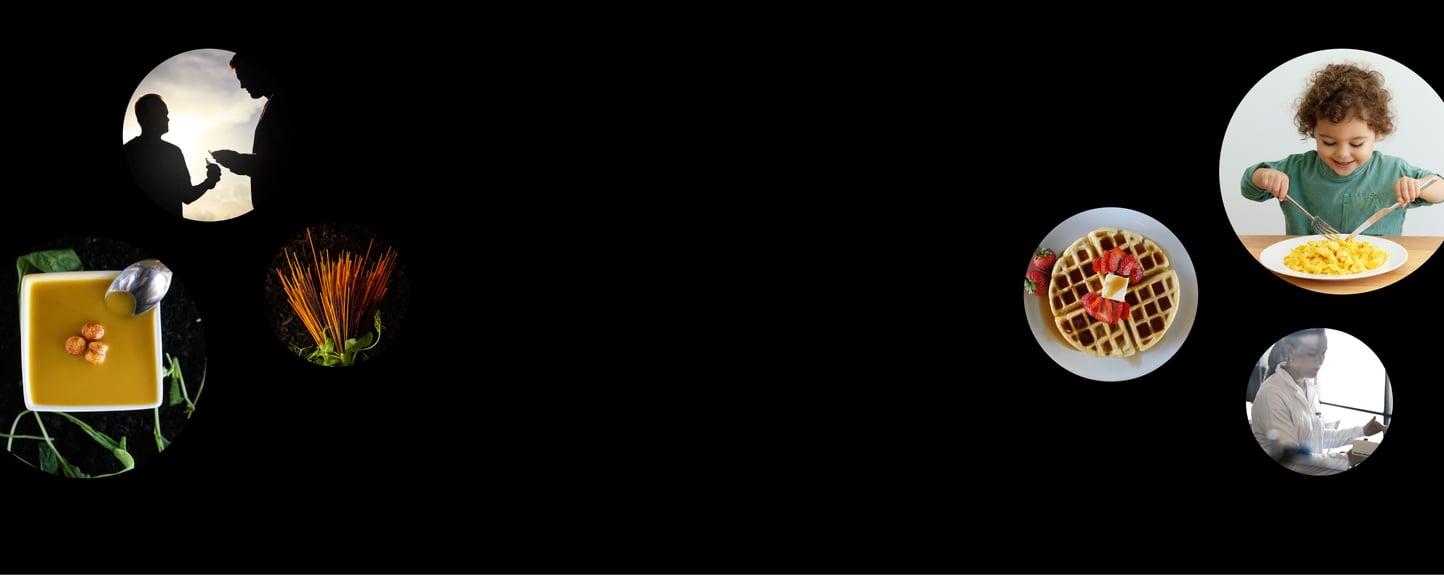
Vegan diets eliminate all animal-based foods, including meat/poultry, fish, dairy, and eggs. They also don’t consume food products that are in any way derived from animals, such as honey.
On the other hand, plant-based diets typically allow more flexibility. Those who choose a plant-based diet do not consume dairy or meat, but they may allow themselves to consume other products derived from animals.
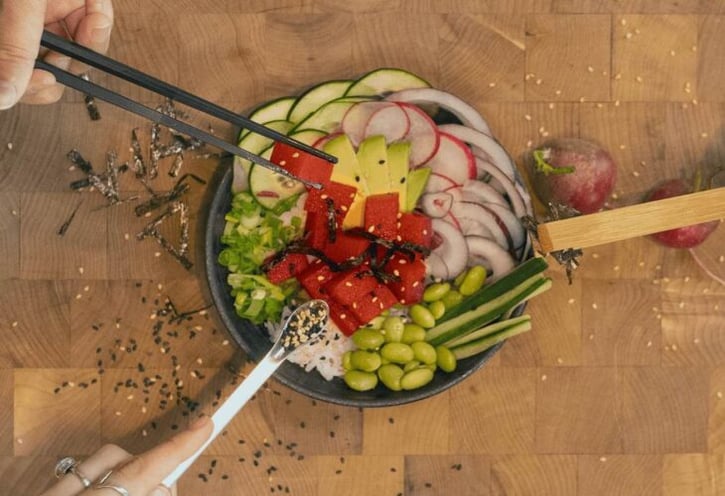
Those who adhere to a vegetarian diet exclude meat and seafood but often still consume dairy and eggs. Whereas plant-based diets reduce or eliminate meat and dairy products. Vegetarian diets are closely related to plant-based diets, rather than stricter vegan diets.
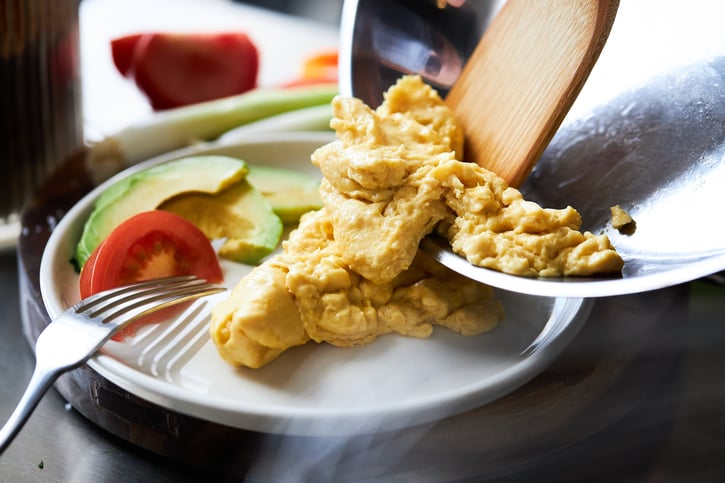
Those who eat a flexitarian diet allow themselves more flexibility in their food choices, but more often than not adopt a plant-based or vegetarian diet. Flexitarian individuals make a conscious choice to limit their meat and dairy intake.
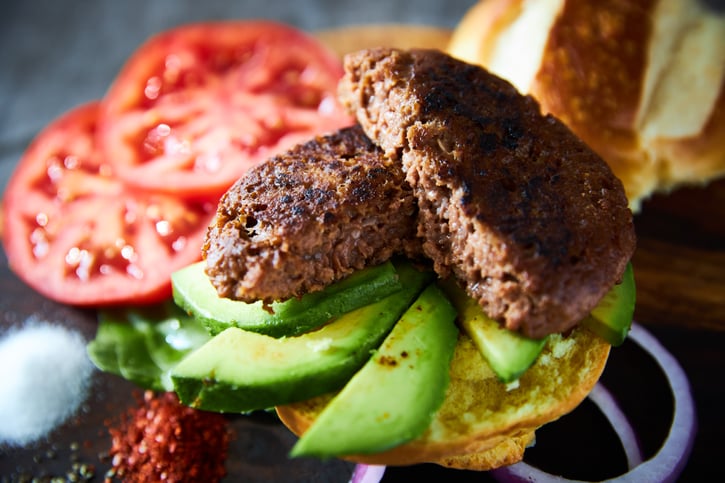
Plant-based isn’t about giving up product lines
If you plan to add plant-based foods to your product catalog, you don’t have to exclusively create plant-based foods. These options are a great way to reach audiences who do not consume meat, have certain allergies, or are looking for healthier alternatives to their current diet.
The positive side effects of plant-based products
Compared to animal products, eating a plant-based diet tends to be:
- Higher in fiber
- Lower in saturated fat
- Lower in sodium
- Lower in cholesterol
- More ethical (not associated with animal cruelty)
- Better for the environment from a manufacturing standpoint
People who consume plant-based diets are associated with lower risks of:
- High blood pressure
- High serum cholesterol
- Heart attack
- Stroke
- Type 2 diabetes
Remember, a plant-based diet:
- Needs to be part of a varied, whole-food diet that incorporates all essential micronutrients (Vitamin B12, Vitamin D3, Omega-3 fatty acids, iron, calcium, and zinc)
- Can be harder to follow. (But we think that’ll improve as more manufacturers learn about the power of PURIS peas!)

Snapshot:
plant-based
products

Plant-based protein milk is an ideal way to reduce dependence on animal-based products. It is excellent for those with lactose intolerance, although those who can consume lactose may still prefer plant-based milk. Many people find plant-based protein milk to have a richer flavor than cow’s milk. Additionally, no antibiotics are used in plant-based protein milk production as may be needed in dairy operations.
PURIS uses pea protein in its plant-based milk formulation. Pea protein is an ideal alternative to soy protein as many of the soybeans planted in the United States are genetically modified. According to the Food and Drug Administration, roughly 94% of the soybeans grown in 2018 were genetically modified. It is also important to note that soybeans have been listed as a top 9 allergen.
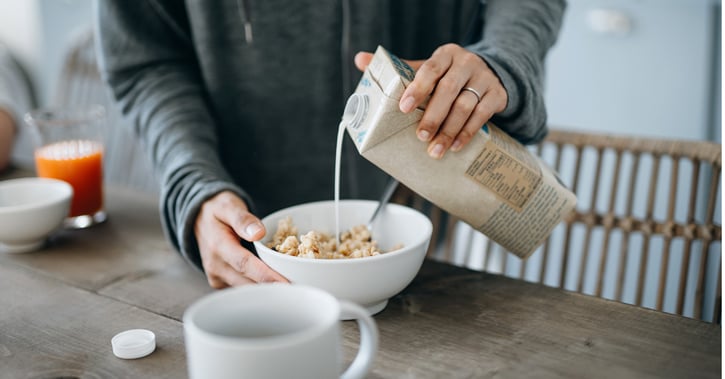
Plant-based protein powder may have the same protein content as whey protein powder. Still, many prefer it since it does not contain lactose as is commonly found in trace amounts in whey. Pea protein is ideal for those seeking to use plant-based protein powder, as it has all of the essential amino acids your body cannot produce on its own. Additionally, pea protein is highly digestible compared to other plant protein powders.
Plant protein powder contains plenty of iron and is more environmentally friendly than whey protein. Consuming pea protein powder alongside a source of Vitamin C, such as in a fruit smoothie, can help increase iron bioavailability, ensuring you make the most of your protein drink.
PURIS Pea Protein Powder is keto- and vegan-friendly, non-GMO, and available in organic. It is sourced from yellow field peas and is free from the top 9 allergens as well as glyphosate, an herbicide that has been associated with negative environmental impacts.
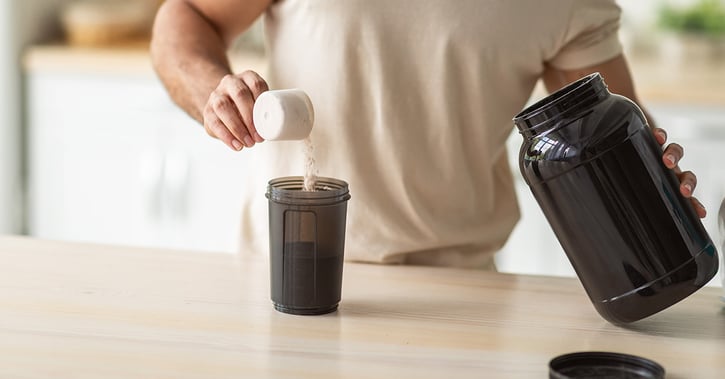
Plant-based meats are an excellent way to reduce your meat intake as many of them are indistinguishable from the real thing. In many cases, plant-based meat contains more protein than actual meat and is just as versatile.
For example, PURIS prototype plant-based chicken is made using high moisture extrusion (HME) and includes 25% more protein than conventional chicken. Just like chicken, this plant-based meat can be served breaded, shredded, or as nuggets and patties. HME transforms plant protein powders into a texture that mimics animal muscle fibers using heat and friction, not chemicals. This process creates an authentic, meat-like texture as well as a neutral taste and color.
Plant-based burgers are one of the most commonly-consumed meat alternatives — they contain plenty of protein and aren't associated with cardiovascular issues like traditional burgers. Many fast-food restaurants have recently cashed in on the meatless burger craze, with places like Burger King adding plant-based burgers to its menu. Still, these plant-based alternatives contain roughly 50% more sodium than PURIS prototype low-sodium plant-based burgers.
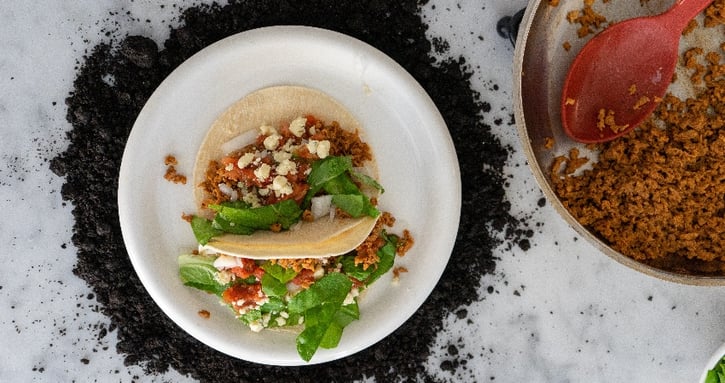
Plant-based milk doesn’t have to be your only option for a great tasting, plant-based dairy product — there are numerous alternatives to dairy products available such as vegan cream cheese and yogurt. Dairy-free yogurt often has the same, if not higher, protein content as yogurt made from dairy and tastes just as good. PURIS dairy-free yogurt is made with vegan probiotic cultures, which are just as beneficial for your gut health as dairy-based yogurt. Not to mention, PURIS’s short list of ingredients doesn’t include unnecessary additives.
Dairy-free cream cheese often has the same flavor and texture as traditional cream cheese. Traditional cream cheese usually has a higher calorie count than vegan cream cheese. PURIS prototype non-dairy cream cheese is non-GMO, soy-free, and gluten-free. Additionally, it doesn't contain any of the top 9 allergens, making it an ideal cream cheese replacement for everyone.
